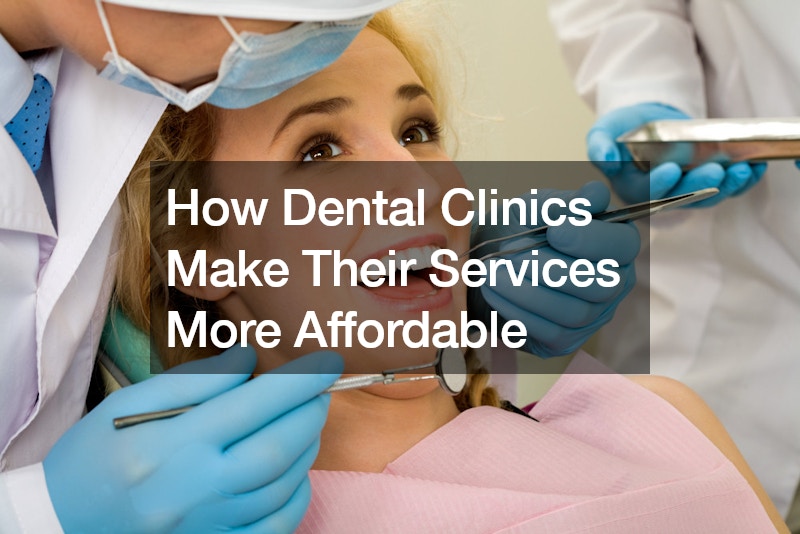Affordable dental clinics employ various strategies to make their services more accessible and affordable to patients. One approach is to offer discounted or sliding-scale fees based on patients’ income level, ensuring that individuals and families with limited financial resources can still receive quality dental care without sacrificing their oral health. Additionally, affordable dental clinics may participate in government-funded programs such as Medicaid or CHIP, which provide financial assistance to eligible individuals and families for essential dental services.
Another way affordable dental clinics reduce costs is by focusing on preventive care and education to help patients maintain good oral hygiene and prevent dental problems before they escalate into more significant and costly issues. This proactive approach includes regular dental cleanings, exams, and screenings, as well as patient education on proper brushing, flossing, and dietary habits to promote optimal oral health and reduce the need for extensive dental treatments.
Affordable dental clinics may partner with local dental schools or community health centers to provide low-cost or free dental services to underserved populations while offering valuable training and experience to dental students and professionals. By leveraging these partnerships and resources, affordable dental clinics can maximize their impact, reach more patients in need, and fulfill their mission of providing quality dental care to everyone, regardless of their financial circumstances.
.



